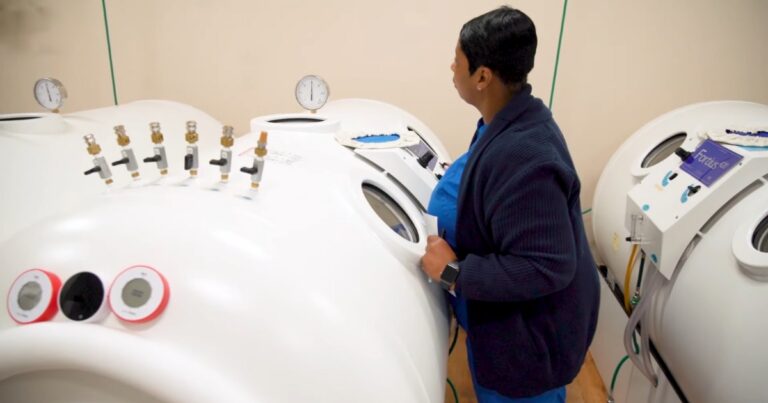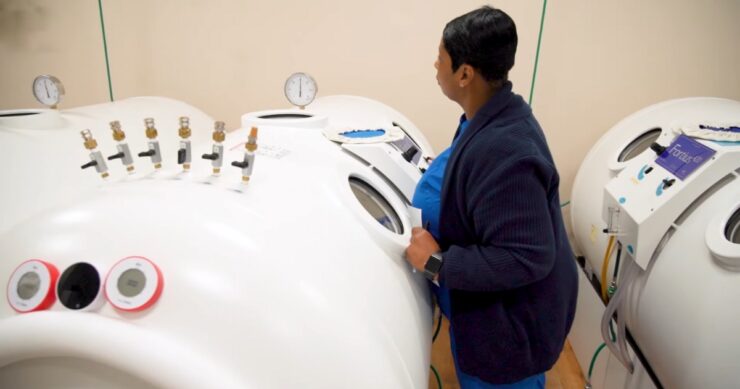Obtaining a UK passport as a foreigner marks a critical milestone, opening doors to global travel and signifying a legal bond with the United Kingdom. For those not native to English, the translation of documents is a pivotal step in this journey.
This guide aims to demystify and streamline the UK passport application process for foreigners, with a special emphasis on the nuances of document translation. It’s designed to provide comprehensive, practical tips that address common challenges and ensure a smoother application experience.
Verify Eligibility
The first step is to ascertain eligibility for a UK passport. This process involves understanding specific criteria, such as residency requirements, evidence of British citizenship or descent, and a clean legal record.
Applicants must thoroughly check these requirements, which can include a minimum period of continuous residency in the UK, evidence of indefinite leave to remain, or passing the Life in the UK test.
It’s important to assess these criteria meticulously to prevent any future disappointments. Failing to meet just one of the eligibility criteria could result in the rejection of the application, leading to a loss of time and financial resources.
Gather Required Documents

A successful application hinges on gathering and correctly presenting the required documents. Typically, this includes a birth certificate, valid visa, proof of residency, and any other immigration-related paperwork. If these documents are not in English, they require certified translation.
The accuracy and authenticity of these documents cannot be overstated. Any discrepancy or ambiguity in these documents can lead to the rejection of the application. It’s crucial to take extra care in preparing these documents, ensuring they are up-to-date and accurately reflect your current legal status and personal details.
Certified Translations
For documents not originally in English, certified translations are a necessity and this is where certified-translation.info steps in. These translations must be executed by a professional translator who can attest to their accuracy. UK authorities require these translations to be precise and reflective of the original documents.
The implications of incorrect or uncertified translations are significant, often resulting in application delays or outright rejection. Therefore, it is essential to employ professional translation services that are familiar with the UK’s legal and immigration documentation standards, ensuring compliance and accuracy in every aspect of the translation.
Choose the Right Translation Service
The choice of a translation service is a decision of paramount importance. The ideal service provider should have a solid track record in legal and immigration document translation, with appropriate credentials and positive customer reviews. Experience in handling sensitive and confidential documents is a must.
When selecting a service, consider factors such as turnaround time, cost, and customer service quality. It’s also advisable to check if they have experience with UK immigration and passport services, as this can greatly enhance the accuracy and acceptance of your translated documents. Remember, an incorrect translation can not only delay your application but could potentially impact your legal status in the UK.
Passport Application Form

Understanding and accurately completing the UK passport application form is a critical step. This form requires detailed personal information, travel history, and other relevant data. The form must be filled out meticulously and in English. Any mistakes or inconsistencies can cause delays or rejections.
For non-native English speakers, it might be helpful to seek assistance to ensure the form is error-free. The application form is a legal document, and as such, it demands precision and attention to detail. Take the time to review each section, ensuring that all information aligns with the details in your supporting documents.
Language Requirement
Language requirements for UK passport applications are stringent. All submitted documents must be in English or accompanied by certified translations. This requirement underscores the need for clarity, accuracy, and professionalism in translated documents.
The translations should not only convey the exact meaning of the original documents but also adhere to the formal language and terminologies used in legal documents. Any discrepancy in translation can lead to misunderstandings or a misrepresentation of facts, which can have serious implications for the application. It is advisable to work with translators who have specific experience in immigration and legal document translation to ensure compliance with these requirements.
Passport Photos
Passport photos are an essential component of the application process. The UK has specific guidelines for passport photos, including size, background color, and the applicant’s appearance.
The photos must be 45 millimeters high by 35 millimeters wide, have a plain cream or light grey background, and show the applicant’s full head without any covering unless for religious or medical reasons. The importance of adhering to these guidelines cannot be overstated, as non-compliant photos can result in application delays. It’s advisable to have these photos taken by a professional familiar with the UK passport photo requirements to avoid any issues.
Proof of Identity

Proof of identity is a fundamental requirement in the passport application process. This can include documents like a driver’s license, national ID, or a foreign passport. These documents must be current, valid, and accurately reflect your identity.
If any of these documents are not in English, certified translations will be required. The authenticity and accuracy of these identity documents are crucial, as they form the basis of your passport application. Providing false or misleading information can have serious legal consequences and jeopardize your chances of obtaining a UK passport.
Paying Fees
Applying for a UK passport involves various fees, which vary depending on the type of application and the processing time. Applicants should be aware of the different payment methods and currencies accepted. It’s important to include the correct fee with your application to avoid delays.
Keeping a record of payment receipts is also advisable for future reference. Fees can be a significant part of the application process, and understanding the cost implications upfront helps in planning and ensuring that the application process goes smoothly.
Submitting the Application
Submitting the UK passport application is a process that can be completed online or in person. It’s crucial to review all documents thoroughly before submission. Ensure that every piece of information is accurate and consistent across all documents.
Online applications offer convenience and faster processing times, while in-person appointments may be preferable for those requiring assistance or complex cases. Whichever method you choose, ensure all the required documents are included, and the application form is fully and accurately completed.
Follow-up and Waiting Period

After submitting your passport application, there is a waiting period during which your application is processed. This period can vary, so patience is essential. Applicants can track the status of their application online, which provides updates on the progress.
It’s important to be prepared for this waiting period and to plan accordingly, especially if you have travel plans. Understanding that delays can occur, especially in cases where additional information or documentation is required, is part of managing expectations during this process.











